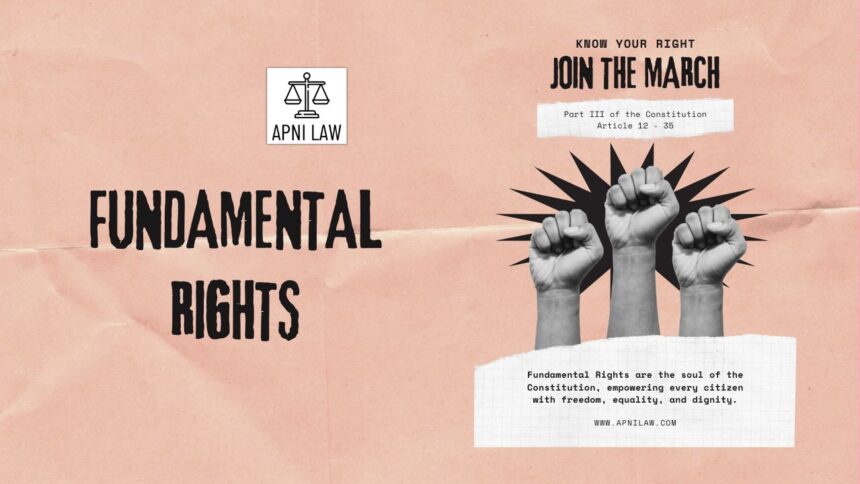Introduction
India is a secular nation where the state maintains neutrality in matters of faith. To uphold this principle, the Constitution provides a clear safeguard under Article 27, which prevents citizens from being compelled to pay taxes that directly promote or maintain any religion. This provision reflects the vision of the framers of the Constitution, who wanted to ensure that religion remains a personal matter and not a financial responsibility imposed by the state.
Text of Article 27
Article 27 of the Indian Constitution states: “No person shall be compelled to pay any taxes, the proceeds of which are specifically appropriated in payment of expenses for the promotion or maintenance of any particular religion or religious denomination.” This makes it clear that public funds collected through taxes cannot be used to propagate or favor any specific religion.
Meaning and Scope of Article 27
The essence of Article 27 lies in protecting individuals from being forced to support religions they may not follow. In simple terms, if the government collects taxes, it cannot allocate them for religious promotion. For example, citizens cannot be compelled to pay taxes that fund the building or maintenance of temples, mosques, churches, or any religious institution. This ensures that public money is spent on secular purposes such as development, education, healthcare, and welfare rather than religious activities.
At the same time, the provision does not prevent the state from regulating secular aspects of religious institutions. If a temple or mosque receives government aid for schools, hospitals, or welfare programs, that assistance is not considered promotion of religion but support for public welfare. The distinction between religious purpose and secular service remains central to understanding the scope of Article 27.
Judicial Interpretation of Article 27
The Supreme Court has played an important role in clarifying the limits of Article 27. In Commissioner, Hindu Religious Endowments v. Sri Lakshmindra Thirtha Swamiar of Shirur Mutt (1954), the Court explained that taxes specifically meant for promoting religion are prohibited. However, if a levy is imposed for the regulation or administration of secular aspects of religious institutions, it does not violate Article 27.
In another case, the Court emphasized that contributions collected by the state for maintaining law and order during religious festivals or ensuring safety in places of worship do not amount to promoting religion. These actions are considered part of the government’s responsibility to maintain public order and not religious endorsement.
Significance of Article 27
The significance of Article 27 lies in preserving secularism. It guarantees that the government does not force citizens to financially support a faith they do not believe in. This prevents discrimination and ensures equality among all religions. Public money is directed toward inclusive purposes rather than religious favoritism.
Moreover, Article 27 strengthens the separation of religion and state while still respecting the freedom of communities to practice their faith. By ensuring that tax proceeds are not diverted for religious promotion, the Constitution protects individuals’ rights and maintains fairness in governance.
Modern Relevance of Article 27
Even today, Article 27 is highly relevant. With India’s diversity of religions and beliefs, the principle ensures harmony by preventing any perception that the state prefers one religion over another. It has also become important in debates surrounding government aid to religious institutions, subsidies for pilgrimages, and grants for minority-run schools. Courts have clarified that while welfare measures are permitted, no tax can be levied solely to advance a religious purpose.
Frequently Asked Questions
Q1. Does Article 27 prevent the government from funding welfare institutions run by religious bodies?
No. The government can support welfare institutions like hospitals or schools run by religious organizations, as long as the funding is for secular services and not for promoting religion.
Q2. Can the government spend public funds on maintaining places of worship?
Article 27 prohibits tax proceeds from being used for religious promotion. However, if funds are used to maintain law and order or preserve heritage sites of religious importance, it does not violate the provision.
Q3. How does Article 27 promote secularism in India?
By ensuring that no one is compelled to pay taxes for the promotion of religion, Article 27 strengthens the principle of secularism and guarantees equal treatment of all faiths by the state.
Conclusion
Article 27 of the Indian Constitution is a vital safeguard of secularism. It ensures that tax money collected from citizens is used for development and welfare rather than for promoting religion. By prohibiting the state from imposing such taxes, the Constitution protects individual freedom, prevents favoritism, and upholds equality among all faiths. This provision continues to serve as a reminder that India, while deeply religious in its social fabric, remains firmly committed to secular governance.
For any specific query call at +91 – 8569843472








